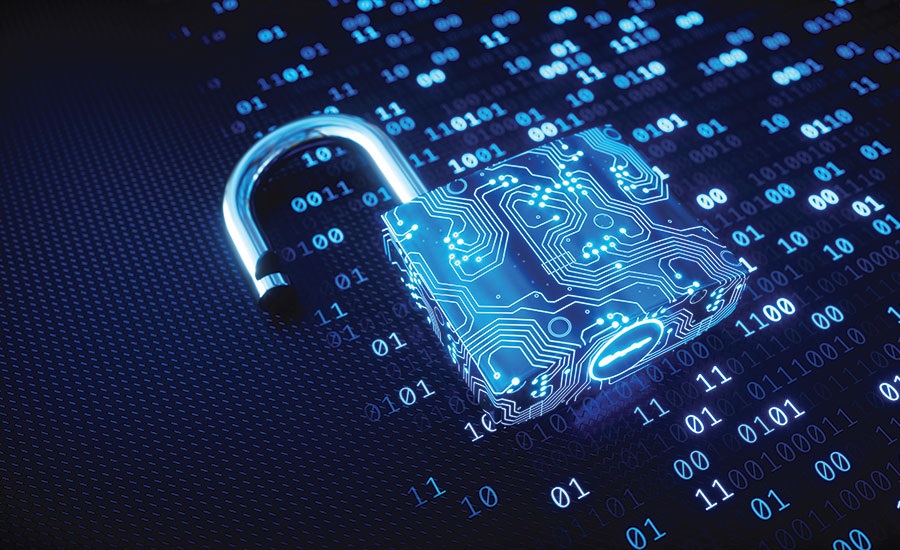The internet has revolutionized our world in countless ways. From e-commerce to social media, the internet has opened up new frontiers in communication, commerce, and innovation. However, as the internet has grown, so too have the legal and ethical considerations surrounding its use. Cyber law refers to the legal framework that governs the use of the internet, including cybercrime, data protection, and internet governance. As technology continues to rapidly evolve, staying informed of these laws and regulations is essential for individuals and organizations who work online. In this comprehensive guide, we will explore the key pillars of cyber law and the legal and ethical considerations surrounding internet governance, cybercrime, and data protection.
Internet Governance
Internet governance refers to the management and regulation of the internet, including technical standards, protocols, and domain names. The internet is a decentralized network that is managed by a variety of organizations and bodies, including the Internet Corporation for Assigned Names and Numbers (ICANN), the International Telecommunication Union (ITU), and the World Wide Web Consortium (W3C). These organizations work together to ensure that the internet remains secure, stable, and interoperable.

Cybercrime
Cybercrime refers to any criminal activity that is committed using technology. Cybercriminals use the internet to steal personal and sensitive information, defraud individuals and organizations, and spread malicious software. Cybercrime can take many forms, including phishing scams, ransomware attacks, and identity theft. Cybercrime poses a significant threat to individuals and organizations of all sizes, and it is essential to stay informed of the latest threats and best practices for protecting against them.
Data Protection
Data protection refers to the laws and regulations that govern the collection, storage, and use of personal information online. As more of our personal information is shared online, it has become increasingly crucial to protect this information from misuse and abuse. In many countries, data protection laws require organizations to obtain consent from individuals before collecting their personal information and to take measures to ensure the security of that information.

Legal and Ethical Considerations
When it comes to cyber law, legal and ethical considerations are closely intertwined. For example, while some actions may not be illegal, they may be considered unethical or a violation of privacy. It is essential to understand the laws and regulations that govern the use of technology, but it is equally important to consider the ethical implications of our actions online. For example, sharing sensitive information online may not be illegal, but it could be considered an ethical breach of trust.
Navigating the waters of cyber law can be challenging, but it is essential for individuals and organizations who work online. By staying informed of the latest laws, regulations, and best practices, we can protect ourselves and others from the harm of cybercrime and ensure that the internet continues to be a safe, secure, and innovative place for all.





